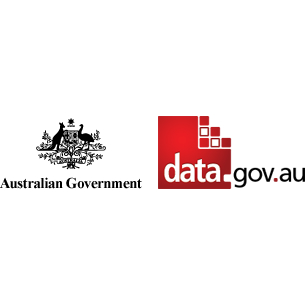Brief description
This record describes, and links to a working paper produced through the Resource Management in Asia-Pacific (RMAP) Program based at The Australian National University in Canberra.*****
The South Pacific is home to the world's largest and most valuable tuna fishery. Despite this, the Pacific island countries have found it tremendously difficult to capture significant economic rents from the resource. It is argued in this paper that poor economic policy partly explains this. However, poor policies are preventing the implementation of strong, cost-effective institutions for the governance of the fishery which, coupled with strong institutions for broad social and economic governance, are required for development of the industry. Opportunities for policy reform that is likely to lead to significant gains from the fishery are highlighted.
Full description
http://gcmd.nasa.gov/Resources/valids/keyword_list.html -text: true
Subjects
Administrative Divisions |
Boundaries |
Economic Resources |
Economic policy |
Fisheries development |
Human Dimensions |
Policy reform |
Tinburgen principle |
Tuna industry |
User Contributed Tags
Login to tag this record with meaningful keywords to make it easier to discover


